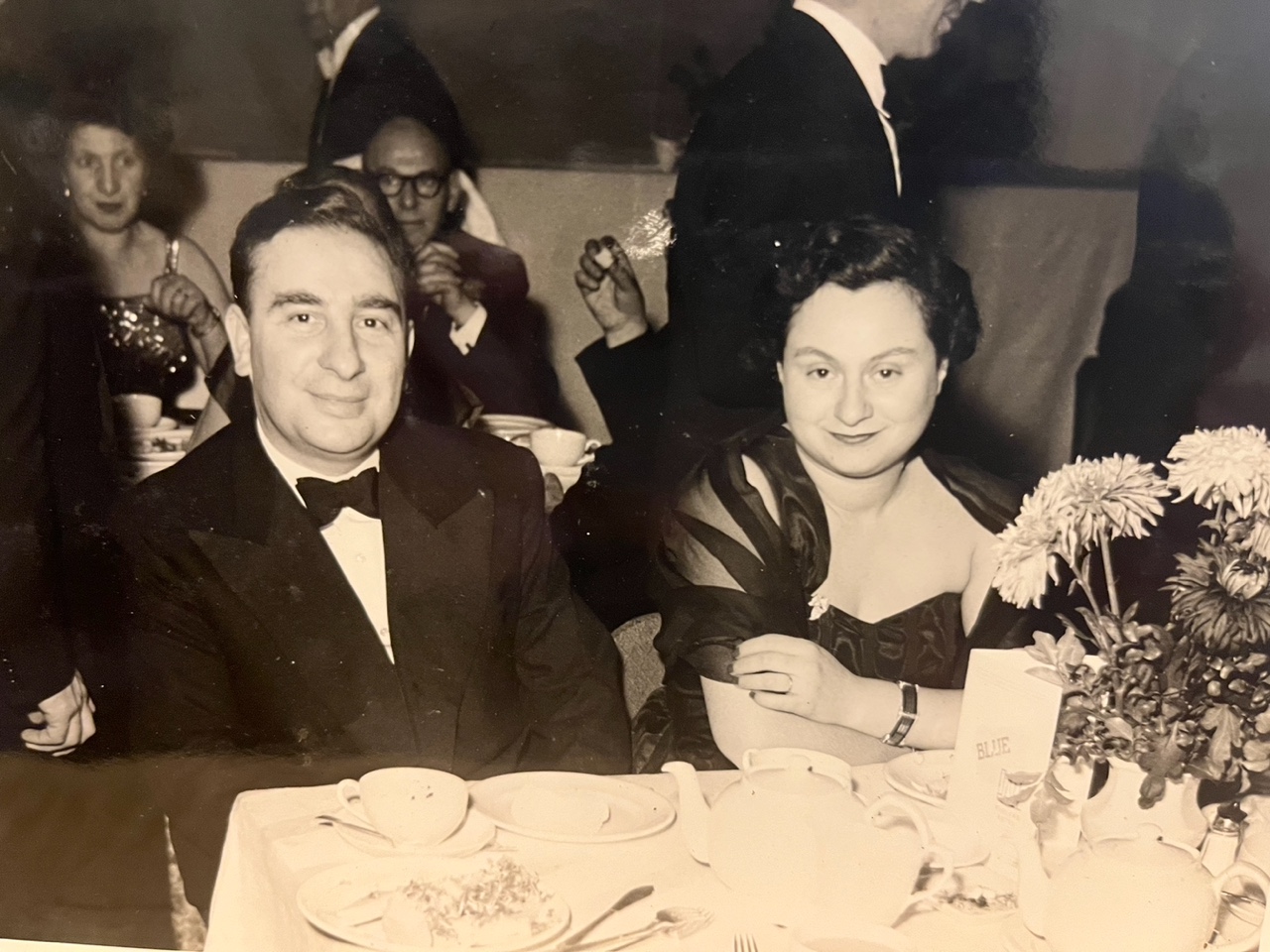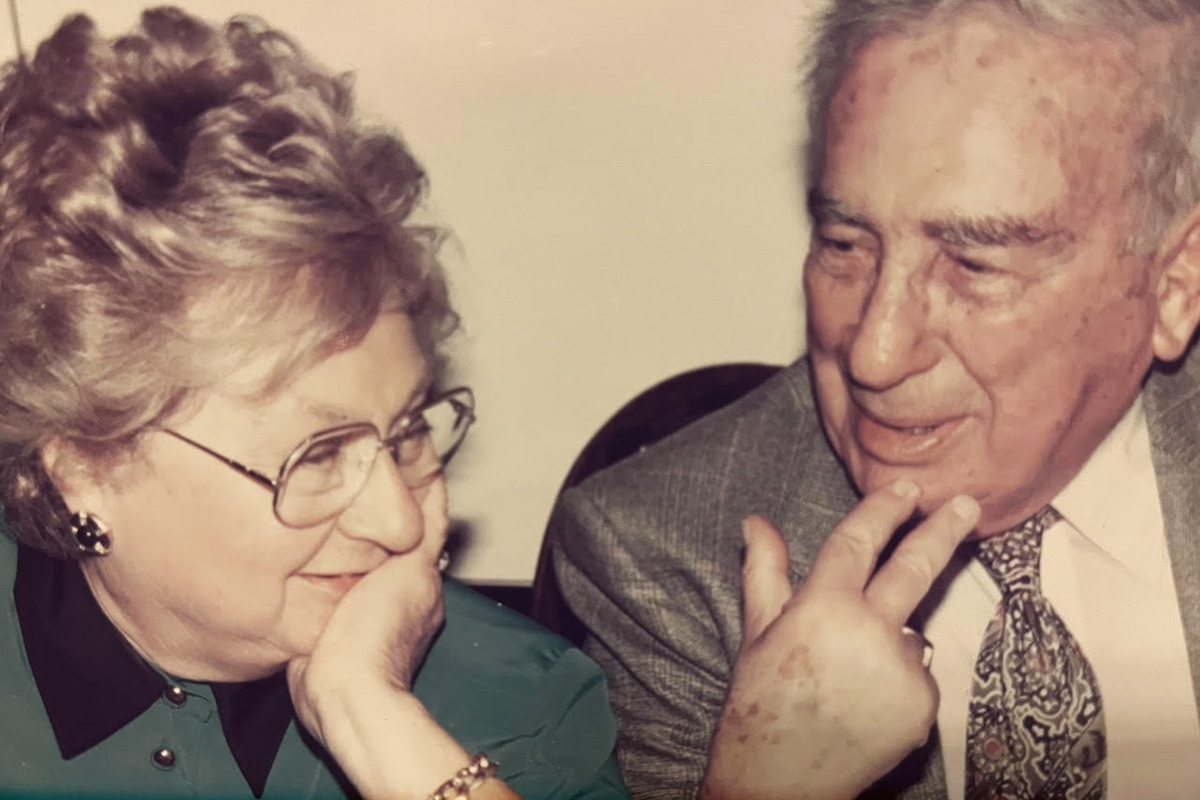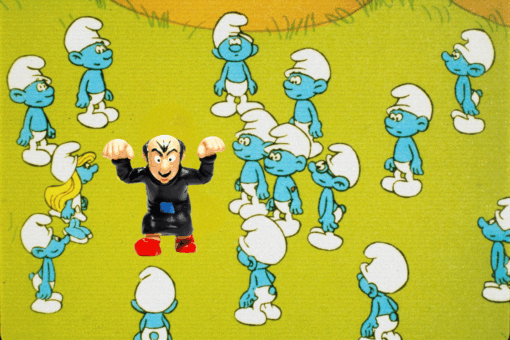Today, my family has triple nationality — English, Czech and German. I have the benefit of EU citizenship in post-Brexit Britain, as well as affirmation of who I am and where I come from in the form of a passport.
I wasn’t born with the Czech and German citizenship, though. Over the past six years, my family has been reclaiming the rights and the citizenship that were stripped from us during the Holocaust. There wasn’t a lot of debate as to whether we should do this — we’d talked about the possibility for a while but never had the incentive to jump through the various necessary administrative hoops. Then, the Brexit referendum happened. Suddenly, the prospect of leaving the European Union and all its associated benefits behind was enough of a push for us to get started on the process. And a process it has been.

My great-grandfather, born František Krug in what was then Czechoslovakia in 1910, fled the Nazis and came to England in 1938. Because of post-war political turmoil in Czechoslovakia, it wasn’t until 1990 that Grandpa Franz returned home — though he could no longer truly call it a home. He found his Czech language skills so old-fashioned that he was completely unintelligible, and his old friends had drastically aged under the brutal Eastern Bloc regime which they had spent the majority of their lives. He died before I was born, but my middle name, Flora, was a tribute to him. I carry that small piece of him with me in the most basic fabric of my being.
My great-grandmother, born Lilly Edith Neustadtl in Berlin in 1920, also fled the Nazis. Her family, seeing the rising tide of antisemitic violence around them, debated whether to move to Prague or to London in the mid-1930s and fatefully chose Prague in 1936. Leaving her parents behind, she came to England on one of the last Kindertransports to leave Czechoslovakia. She met Grandpa Franz at the Czech club and married him in 1942. They named their first son Ivo Krug, a testament to their plan to return to Germany, and named their second son Andrew Crewe, after realizing they never would. She died in 2016, when I was 12, and I spoke at her funeral. She meant a huge amount to me — not only as a tie to my history, an ever-present reminder of our legacy of unlikely survival, but also as a person. I try to hold her with me and embody some of her courage, as I now find myself at the age she was when she left behind her home and her family, never to see either again.
In seeking Czech and German citizenship, my family sought to reclaim a piece of my great-grandparents — a piece of us — which was so cruelly taken all those years ago.

We began with Czech citizenship. The self-professedly “brutalist” Czech embassy in London genuinely felt like a time machine to a 1950s Soviet satellite state. The overall experience, for me, was unsettling — not only because of the small building with low ceilings and an at-least-seven-foot-tall lift attendant, but because of how out of place I felt. I knew that my right to citizenship is as valid as anyone else’s. I knew that this is the experience of Jewish diaspora. But I didn’t feel the part: I don’t speak the language, and I’ve never visited the country; the last of my direct descendants to live there left 90 odd years ago.
I know that this displacement is not my fault, that it is in fact a huge injustice perpetrated against the Jewish people. But I still feel like an imposter. Proving that you are Czech by filling in forms in a language you don’t speak is quite a painful oxymoron. Instead of being celebratory, reclaiming my Czech identity was extremely clinical. As I passed pieces of paper to a staff member through a prison-style divider, I felt the fractures of my identity. It was transactional and deeply anticlimactic. My Czech passport photo has been cropped in a way that implies that my shoulders go on forever. It doesn’t really look like me.
The German embassy was quite a contrast. It’s a beautiful, elegant building with plush carpets and a lot of art. We were given tiny bags of Haribo gummy bears from the factory in Bonn, and a pin with a German flag and a Union Jack together. It was fancy. Beyond this, the experience was quite emotionally intense. In comparison to the businesslike and starkly unembellished process at the Czech embassy, reclaiming my German citizenship was personal, sentimental and quite interrogative. The woman helping us asked me how I thought my great-grandmother would feel about us becoming German. Thanks for the question, Juliana. Here’s a slightly more coherent answer than the one I gave to her:
I think it’s possible that she wouldn’t have been that bothered. She was more rational than she was emotional, and she might’ve been more excited about the strategic benefits of holding onto EU citizenship than the emotional component of reclaiming it. Still, I think it would have ultimately been very meaningful to her. Berlin was a happy home for her adolescence, and I’m sure it came to represent so much more as she moved further and further away and lost connections to Germany. She always planned to go back. She told me wistfully of the day that she realized she wouldn’t, the day when she realized she was dreaming in English, the day that she looked at her life and knew she couldn’t uproot it to return to something that was more of a time than a place. She was German. She was Jewish. Having a completely secular upbringing and not even being aware of her religion before finding out at school, she might have lived another life where this was not the defining aspect of her identity and her life. But the intersection of her nationality and her ethnicity, as a German Jew, is undeniably absolutely central to her story.

We, her descendants, are Jewish. Proudly, pivotally Jewish. We are, now officially, also German. And I think she would like that.
This is the modern Ashkenazi diaspora. The Holocaust broke us into fragments. So many of those fragments are lost. The others are scattered. And we are all made up of these fragments, and maybe we find some more along the way. We create something broken and beautiful and that is good. We are becoming again.



